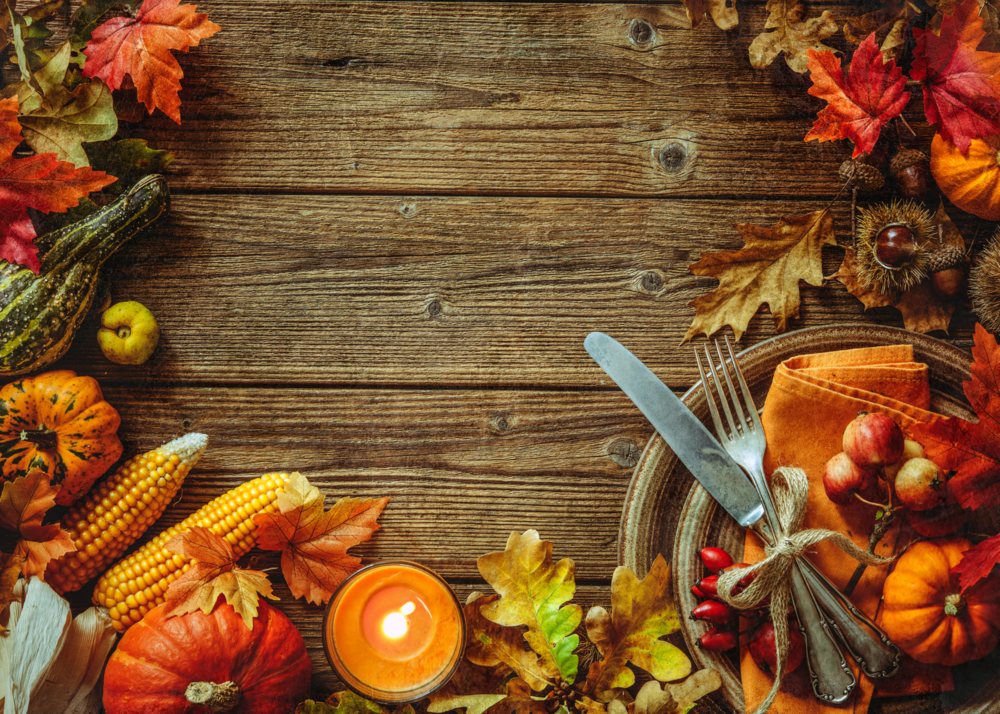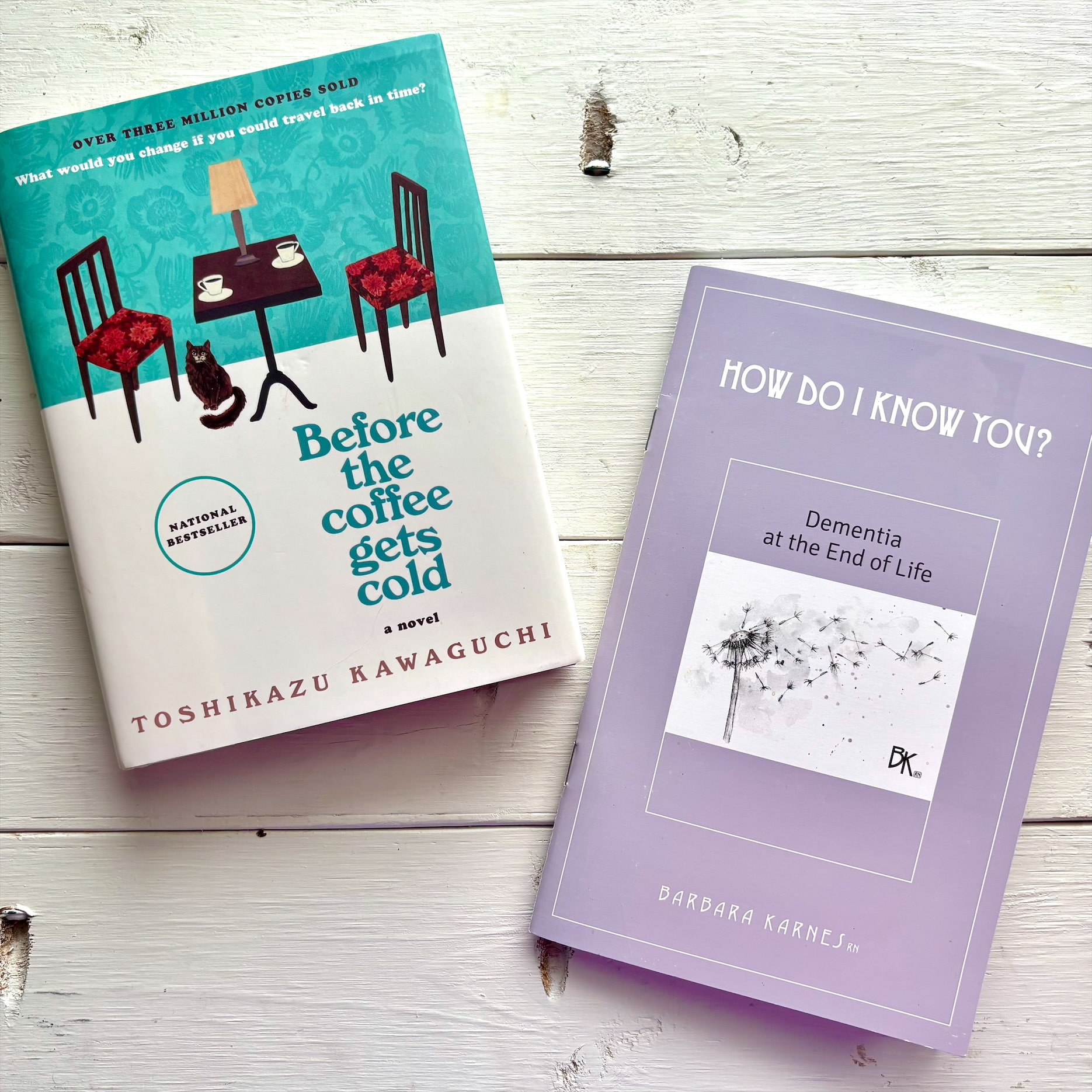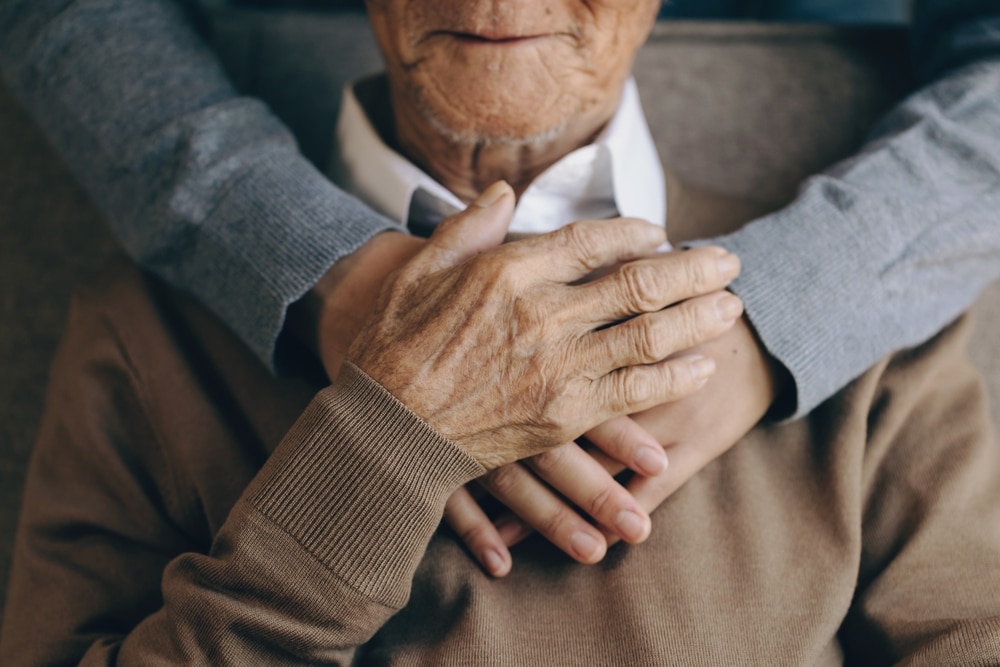A New Sense Of Gratitude – 2020
Education
Celebrating Thanksgiving During 2020, while Processing Grief
Op-Ed by Hector Diaz, Bereavement Coordinator
November 25, 2020
When pandemic lockdowns first took effect in March, many of us hoped that they would last only a few months. During the summer months, aided by warm weather, our lives slowly started to return to normal. For many, outdoor dining and lazy picnics at the beach or the park seemed to adequately fill the need for community and connection.
But as we approach the Thanksgiving holiday, with Covid-19 cases spiking in Southern California and across the country, and with Governor Newsome imposing new restrictions on businesses, many of us are feeling anxious, stressed, and fatigued. The feelings are especially acute if you have recently lost a loved one.
Televisions across the nation are bombarding viewers with turkey advertisements. Social media is reminding us, filters and all, of holiday rituals. Cell phones may have incoming texts from family and friends. Who is bringing the pumpkin pie this year? Who is in charge of stuffing the turkey? This ‘holiday cheer’ can feel especially painful if there is someone who is no longer present in your life.
These calls to action spark a sentiment of gratitude, but it seems more complicated this year. For many of us, circumstances have changed so much in our lives. We may have lost a loved one. Perhaps we have also lost a job, or our day-to-day activities that we enjoyed are no longer available to us.
Sherry Cormier, Ph.D., specializes in traumatic loss, grief, and bereavement in Edgewater, Maryland. In this excerpt for an article, she addresses grief and loss during the holidays.
“The first-time [you celebrate] Thanksgiving…without your loved one in your life [is] just huge,” writes Cormier. 1
Someone who once aided with creating celebratory moments is not here anymore. Activities that once brought joy, like music, food, and the company of loved ones can now make you feel upset.
Cormier notes the pressure to celebrate is so high. Especially, during the holidays. There is a weight on “the expectation to be happy and celebratory and grateful.”(1)
Although surrounded by holiday cheer, many of us are struggling inside. This tension is known as cognitive dissonance. Conflicting emotions result in difficulty sitting between grief and happy ideas. Feelings of ambivalence can develop. It may then prompt avoiding participating at all this year. These emotions are valid. There is one thought that may provide a moment of solace. You are not alone. Worldwide, people are grieving everywhere. The pandemic has shifted many priorities. People are struggling for many different reasons tied to the pandemic in addition to grief.
It is important to acknowledge these feelings, and not push them aside. In an issue of VeryWell Health, Chris Raymond, a writer with over a decade of expertise in end-of-life issues talks about the power of saying no.
“While the thought of altering your Thanksgiving holiday routine might feel difficult, you need to determine how much responsibility you feel comfortable taking on right now and then clearly communicate that to your family members and friends,” writes Raymond.(2)
There may be a need to reassess what is realistic during your grieving period. There is nothing wrong with taking the time to understand your emotions to better process them. There is power in knowing your limits, and what you can handle. Additionally, some do want to practice skipping the in-person celebrations this year. Raymond encourages his readers to take control of fear, but not by giving in. He gives this example of participating in a holiday ritual safely.
“Place a favorite photograph of your loved one and a lit candle in a quiet spot that signifies his or her presence in your hearts throughout the day,” writes Raymond.(2)
This piece of advice promotes being aware and present. You can do this alone, or with other members in your household. This way, you take part in your celebrations, the way you can. Your ability to make the choice is what provides a way to remain in control of your emotions. Do what you can to honor your grief, while practicing COVID-19 best practices.
Barbara Karnes, RN, who is internationally regarded as an end-of-life speaker and educator reminds us to remain connected to our vulnerabilities during this especially difficult time.
“There are no pills or words to heal grief and take [the] pain away…” If there were, we would fervently take them and resume our festivities. Nevertheless, one should not dismiss their feelings nearing the holidays as they tend to amplify, especially during this time of year. And you, as a griever, have the right to determine which holiday activities you would like to contribute to. As Chris Raymond states, “…it’s okay to say “no” as you adjust to life after loss and that those who love you will understand,” said Karnes.(3)
This year, allow yourself to experience the present. Whether that means disconnecting, or calling up a friend, or honoring memories. Remember that you are allowed your grief, and you are allowed to feel the way you feel. Most of all, you dictate how you spend your day. Being present can promote feelings of peace. It is your right to decide. From all of us at Healing Care Hospice, we wish you moments of tranquility.
References:
-
Morgan, TaNoah. “Good Grief.” American Psychological Association, American Psychological Association, 2018, www.apa.org/news/apa/2018/good-grief.
-
Raymond, Chris. “How the Bereaved Can Cope With Thanksgiving Day.” Verywell Health, 2020, www.verywellhealth.com/how-to-survive-thanksgiving-day-grief-1132581.
-
Karnes, Barbara. My Friend, I Care: the Grief Experience. Barbara Karnes Books, 2013.



